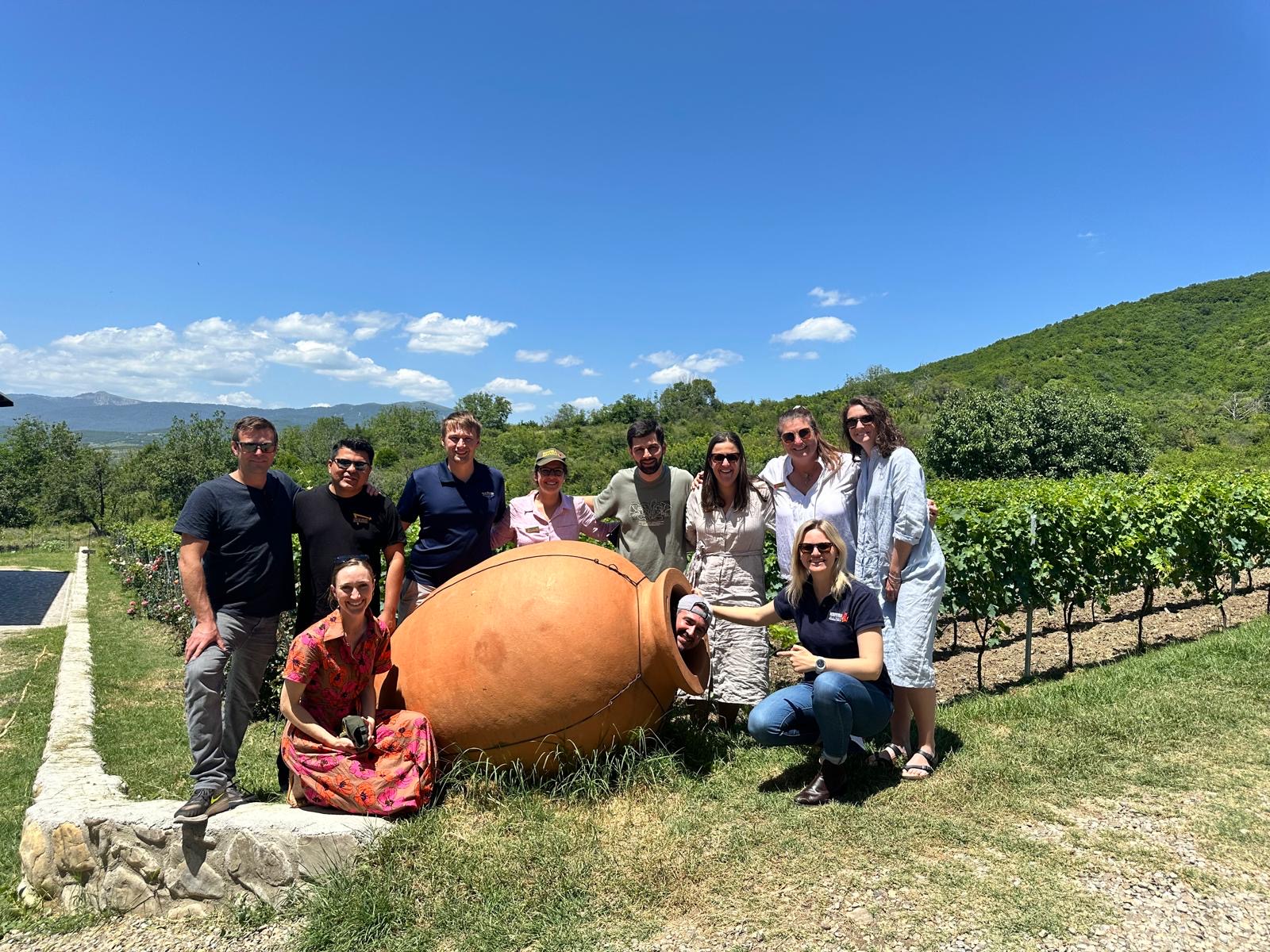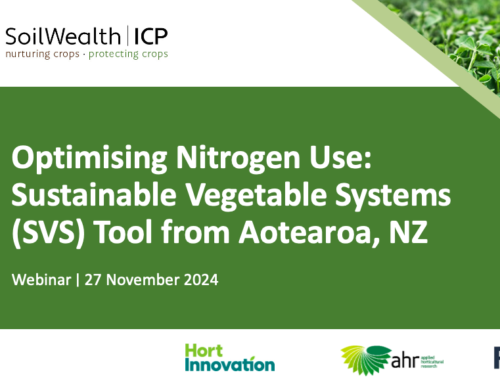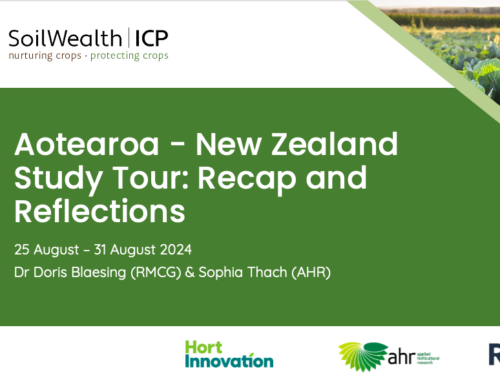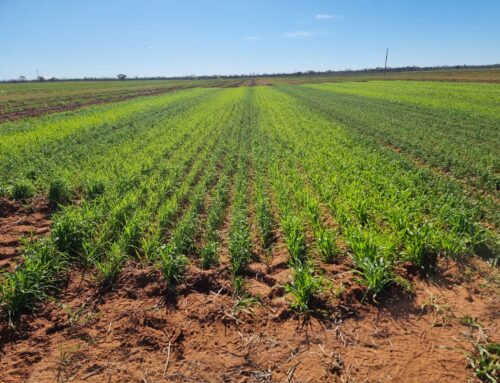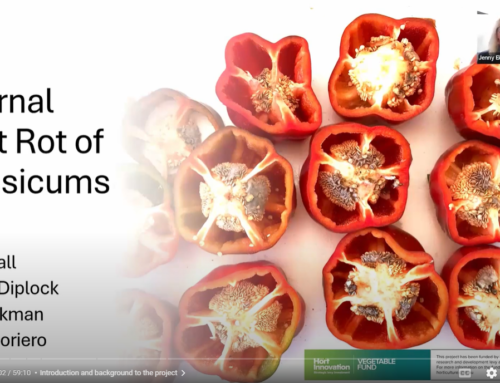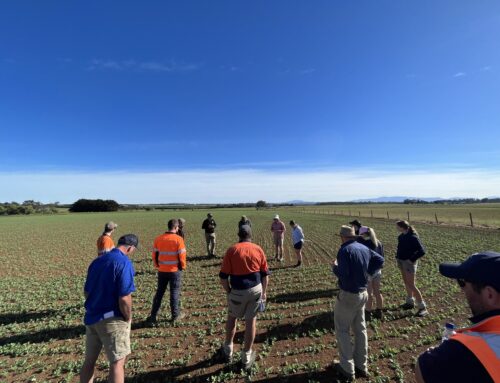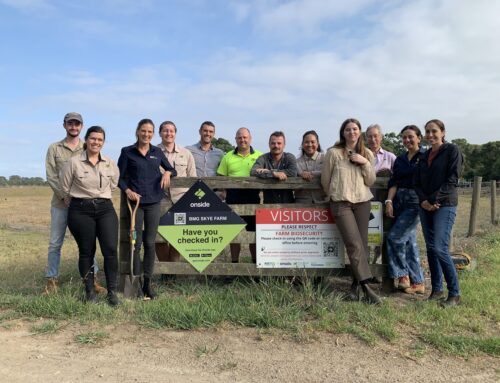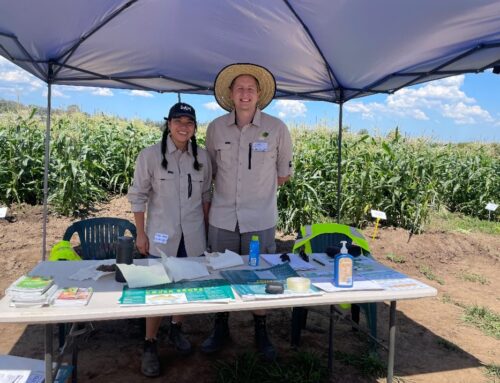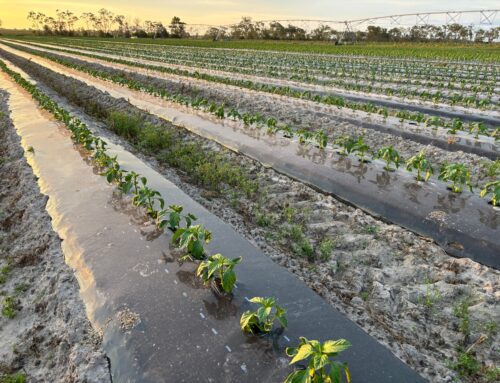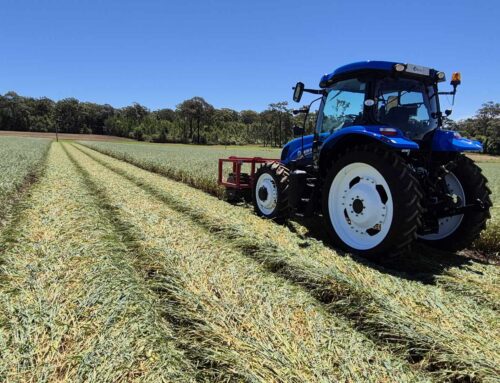From the halls of Parliament House in Canberra, to the crystal-clear waters of Bonito in Brazil, and learning about the rich cultural traditions of Georgian winemaking, the introduction to my Nuffield year set the tone for an extraordinary learning journey. Along the way, I’ve discovered the shared challenges, diverse solutions, and common aspirations that unite farmers and food systems worldwide.
The Contemporary Scholars Conference in March, first in Canberra and then in Brazil brought together all 2024 scholars from around the world. The trip to Brazil was not just a deep dive into Brazilian agriculture, but also a chance to reflect on how historical forces have shaped this industry. Field tours showcased everything from dairy farms and corn and soybean cropping systems, to meat processing plants, renewable energy projects, ecotourism initiatives, and regional specialties like apple orchards, wine production, seed breeding, and food processing facilities.
One thing that struck me in Brazil was the country’s strong commitment to environmental sustainability. It was surprising to learn that 66% of Brazil’s land is dedicated to preserved areas, with stringent legal requirements to protect up to 80% of land in the Amazon region. On the farms we visited, best practices like no-till cropping and the inoculation of soybeans with bacteria to enhance nitrogen fixation were common. I was also impressed by how renewable energy sources are integrated into agricultural practices.
One of the key takeaways from both Canberra and Brazil was how, across the globe, we are united by a shared goal: producing more food, more efficiently and sustainably. Environmental sustainability was a recurring theme, with discussions ranging from the implications of climate change to practical strategies like plastics recycling, reduced tillage, and biogas production. The broader question that loomed over many conversations was how we ensure food security in a world where access, not availability, is often the main challenge.
Part two of my Nuffield year took me on the Global Focus Program, an intense five-week tour spanning five countries: Western Australia, Zimbabwe, England, the Netherlands, and Georgia. This tour was designed to push us out of our comfort zones, exposing us to different cultures, political systems, and agricultural practices, while also helping us develop the skills needed for deeper analytical thinking.
Each country left a unique impression. In Kununurra, Western Australia, I witnessed the stark contrast between large greenfield sites being prepped for future cropping and a small, niche distillery growing its own grain. Zimbabwe was a striking mix of awe-inspiring wildlife and the sobering realisation of the immense resources needed for conservation. I had the privilege of seeing rhinos, lions, giraffes, and other incredible creatures up close, while also learning about the complexities of preserving these species.
In England, meeting Jill, a 97-year-old scholar who was the first female recipient of the scholarship, was both inspiring and humbling. Her advice to always “look up and out” has stayed with me. The Netherlands offered an in-depth look at agricultural innovation, from companion cropping with legumes and potatoes to high-tech greenhouses, and wash down stations for tractors to avoid chemical runoff.
But what struck me most in the Netherlands was a visit to a traditional windmill, where I learned about the vital role these structures, alongside canals, still play in keeping reclaimed land dry.
Georgia offered incredible hospitality, where food, wine, and culture are intricately intertwined. The warmth and generosity of the people made every meal a celebration of togetherness, reinforcing the idea that food is not just sustenance but a connection to the land and community.
These experiences deepened my understanding of global agricultural trends and raised pressing questions about sustainability and the ethical responsibilities of farmers. For example, what share of responsibility, if any, should tobacco farmers hold?
The balance between environmental stewardship and profitable production was a recurring theme, as was the role of subsidies in shaping farming practices. I found myself questioning whether consumers are truly willing to pay a premium for sustainably produced goods, and what that means for the future of agriculture.
In terms of innovative policies, I was particularly impressed by the range of subsidies available in the UK and EU to support sustainable farming practices and the adoption of new technologies like robotic milking systems. These insights have motivated me to stay curious and to continue asking questions that challenge conventional thinking.
Looking ahead, I am excited for the final phase of my journey (just commenced at time of writing), which involves individual travel focused on my research topic. Over the next few months, I’ll be visiting the UK, France, the Netherlands, Germany, Canada, and the USA to explore how farmers are using legumes to supply nitrogen in vegetable farming systems. My goal is to understand not just the methods they use but also the agronomic strategies that help synchronise nitrogen release from legume residues with the needs of subsequent crops. I’m eager to dive deep into these conversations and to apply what I learn to improve practices back home.
This scholarship journey has been transformative, simultaneously broadening my perspective and sharpening my approach to agricultural challenges.
I can’t wait to see what happens next.
Acknowledgement:
My thanks and appreciation to the Hort Innovation Vegetable Levy for sponsoring my scholarship and to AHR for ongoing sponsorship and support.

